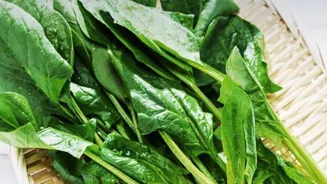Discover the power of calcium in strengthening bones and overall health. Dive into 8 foods essential for bone health!
Namaste, readers! Are you looking for ways to keep your bones strong and healthy? Well,
let's dive deep into the world of calcium and how it's important for our body. Calcium is not just about strong bones, it plays a crucial role in muscle function, nerve transmission, and even blood clotting.
A sufficient calcium intake can reduce risk for osteoporosis.
Okay, imagine calcium as the bricks that build a strong house, which is our skeleton. It's the fundamental element that gives our bones the strength and density they need to support us.
The human body needs a calcium supply to take care of bones. Think about playing sports in India. A strong bone can handle the physical activity.
But calcium alone isn't enough.
Vitamin D is like the supervisor on the construction site, ensuring that the calcium is properly absorbed and utilized by our bones. Without enough Vitamin D, even if you're consuming plenty of calcium-rich foods, your body may not be able to absorb it effectively.
Regular sun exposure helps our body to make the required vitamin D.
Let’s talk about the importance of finding calcium in our daily Indian diet. Many of us might think of milk as the primary source, but there are plenty of other delicious and accessible options.
Green leafy vegetables like spinach add calcium and also nutrients making it healthy.
Now, understanding the requirements is equally important. Children and adolescents need more calcium as their bones are still growing.
Women, especially after menopause, require increased intake due to hormonal changes affecting bone density. But don't worry, we've got a list of calcium-rich foods to help you meet your daily requirements!
8 Foods to Strengthen Your Bones: A Swadeshi Guide
Milk & Dairy Alternatives
We all know about milk! It's a classic source of calcium. But if you're lactose intolerant or prefer dairy-free options, don't worry, there are alternatives. Fortified almond milk, soy milk, and rice milk can be excellent sources of calcium, often with added Vitamin D to enhance absorption.
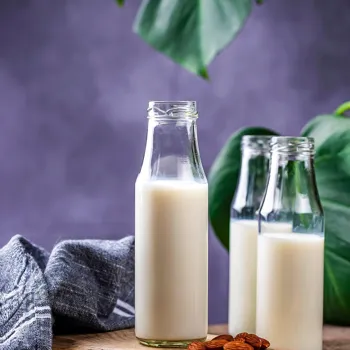
They are easily available in India. Opt for brands that specify calcium content on the packaging.
Ragi (Finger Millet)
This humble grain is a powerhouse of calcium! Ragi is commonly used in India to make rotis, dosas, and porridge. Incorporating ragi into your diet is a great way to boost your calcium intake, especially if you’re looking for a gluten-free and plant-based option. You can find ragi flour easily.
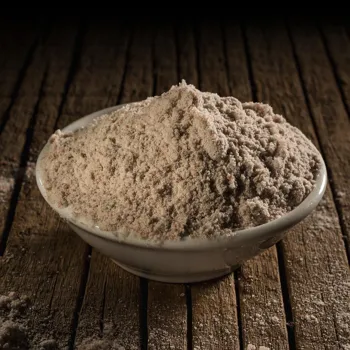
Ragi also contains good amount of fiber, making it a healthy alternative to rice.
Green Leafy Vegetables (Palak, Methi, Sarson)
Our desi greens, especially palak (spinach), methi (fenugreek), and sarson (mustard greens), are packed with calcium and other essential nutrients. Add them to your dals, sabzis, or even make a delicious saag.
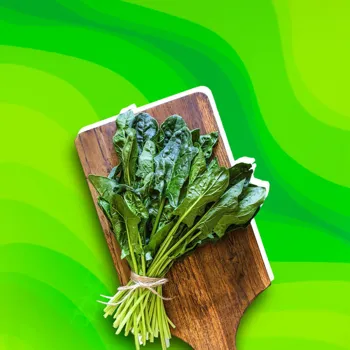
Remember to cook them properly to reduce the oxalic acid content, which can interfere with calcium absorption. These greens grow well in our climate.
Tofu
Made from soybeans, tofu is a great source of calcium, especially if it's calcium-set tofu. It’s a versatile ingredient that can be used in stir-fries, curries, and even as a paneer alternative. Look for calcium-set variety while shopping in India. Tofu absorbs the flavors very well.
Figs (Anjeer)
These sweet and chewy fruits are a delicious and convenient source of calcium. Whether you eat them fresh or dried, figs can be a great addition to your snacks or desserts. Just be mindful of the sugar content, and enjoy them in moderation. Figs are often recommended by nutritionists.
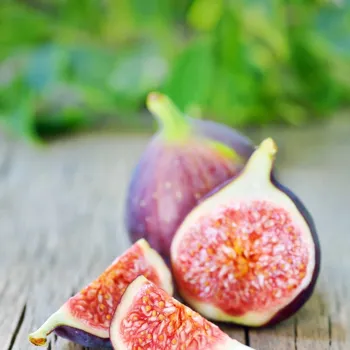
Oranges
Citrus fruits like oranges are known for Vitamin C, but they also contain smaller amounts of calcium and can indirectly support bone health by aiding collagen production, which is crucial for bone structure. Moreover, fortified orange juice is also available across.

Enjoying orange as part of a balanced eating program is a healthy choice and can be easily found in India.
Sesame Seeds (Til)
These tiny seeds are packed with calcium. Sprinkle some sesame seeds on your salads, stir-fries, or toast them lightly and add them to your ladoos and chikkis. Tahini, a paste made from sesame seeds, is also a delicious and versatile way to incorporate sesame into your diet.
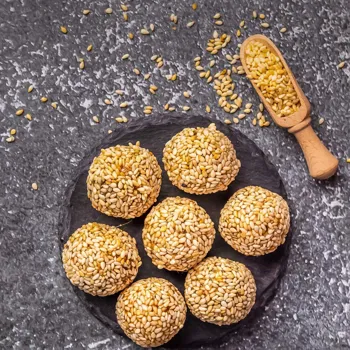
Sesame is used heavily during festival times in India.
Fortified Foods
Many packaged foods, such as breakfast cereals, plant-based milks, and even some breads, are fortified with calcium. Always check the nutrition labels to see the calcium content per serving and incorporate them into your diet if needed.

This is particularly useful if one can not derive calcium from normal diet. Fortified food is easily available in shops.
Remember, maintaining strong bones is a lifelong journey that begins with a balanced diet, rich in calcium and Vitamin D.
Here's your 3 paragraphs for the additional requirement:
Calcium helps strengthen your bones and teeth, and it is necessary for other important bodily functions such as muscle contraction and nerve transmission.
Getting enough of this mineral from meals can ensure that they will be in good health now and in the future. You can incorporate calcium into your daily Indian diet.
Vitamin D regulates calcium consumption and is significant for keeping bones solid.
Without vitamin D, your body won't be able to take in calcium properly, no matter how much nourishment you eat that is high in calcium. The combination of calcium and vitamin D works to develop bones solid and sturdy.
It's extremely important to take care of the health of children and adolescents, who develop bones. As bone loss may cause women's health throughout menopause to require more calcium, it's crucial to adjust calorie intake to the specific needs of each life cycle.
Thus, the requirement varies among individuals, so one should be very mindful of the same.
